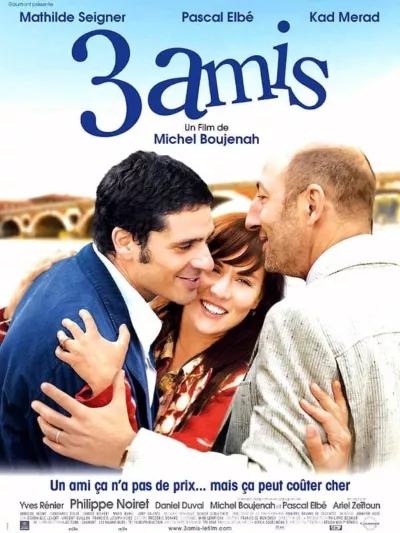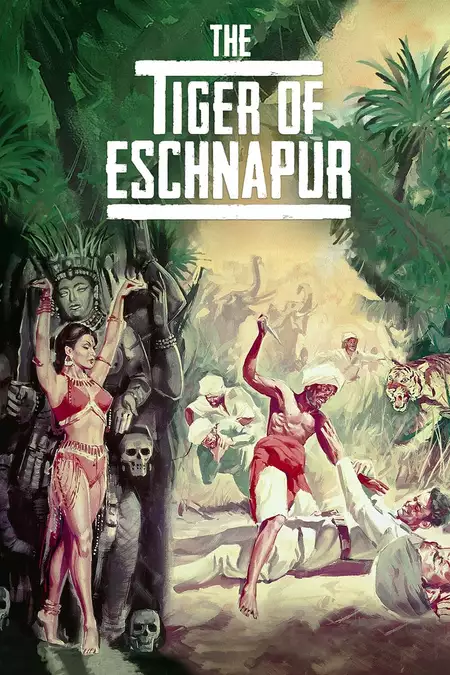The Indian Tomb (1959)
March 5, 1959Release Date
Plot.
Where to Watch.
 Rent
Rent Free
Free Rent
Rent Subs
Subs Subs
Subs Rent
Rent Ads
Ads Ads
Ads Free
Free Free
Free Free
FreeCurrently The Indian Tomb is available for streaming online, rent, buy or watch for free on: Apple TV, Hoopla, Amazon Video, Amazon Prime Video, Amazon Prime Video with Ads, Fandango At Home, Tubi TV, Freevee, Kanopy, Plex, Plex Channel
Streaming in:🇺🇸 United States

Cast & Crew.

Debra Paget
Seetha
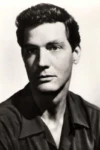
Paul Hubschmid
Ingenieur Harald Berger
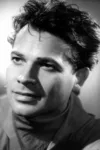
Walther Reyer
Maharadjaj Chandra

Claus Holm
Dr. Walter Rhodes

Luciana Paluzzi
Baharani

Sabine Bethmann
Irene
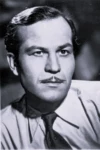
René Deltgen
Fürst Ramigani

Jochen Brockmann
Fürst Padhu
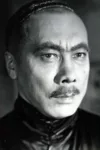
Valéry Inkijinoff
Yama
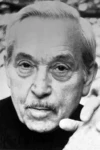
Richard Lauffen
Bhowana

Jochen Blume
Asagara

Helmut Hildebrand
Ramigani's servant

Friedrich Schoenfelder
Narrator (voice)
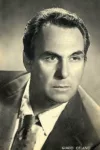
Guido Celano
Gen. Dagh
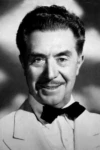
Victor Francen
Penitent
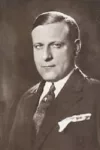
Richard Eichberg
Writer

Willy Friedrichs
Voice of Padhu (voice)

Panos Papadopulos
Dagh's messenger

Angela Portaluri
Peasant
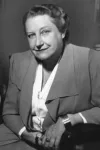
Thea von Harbou
Novel

Werner Jörg Lüddecke
Writer
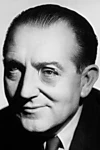
Fritz Lang
Writer / Director

Gerhard Becker
Original Music Composer
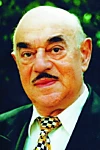
Artur Brauner
Producer

Richard Angst
Director of Photography

Walter Wischniewsky
Editor

Helmut Nentwig
Art Direction

Willy Schatz
Art Direction

Claudia Hahne-Herberg
Costume Design

Jupp Paschke
Makeup Artist

Heinz Stamm
Makeup Artist

Peter Krahe
Unit Manager

Eberhard Meichsner
Production Manager

Wolfgang Völker
Unit Manager

Woldemar Wasa
Unit Manager

Louis de Masure
Production Manager

Frank Winterstein
Assistant Director
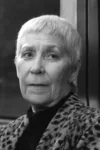
Eva Ebner
Assistant Director

Clemens Tütsch
Sound

Jean Teissere
Sound
Media.
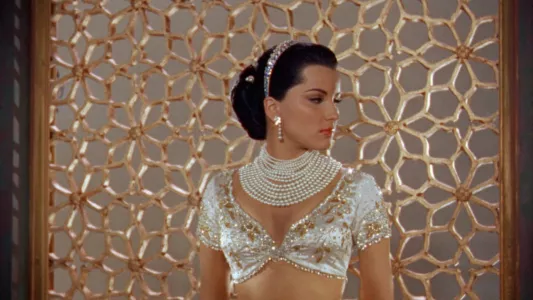
















Details.
Release DateMarch 5, 1959
Original NameDas indische Grabmal
StatusReleased
Running Time1h 37m
Filming LocationsRajasthan, India
Genres
Last updated:
Wiki.
The Indian Tomb (German: Das indische Grabmal) is a 1959 adventure film, co-written and directed by Fritz Lang. Produced by Artur Brauner, it is an international co-production of West Germany, France and Italy. It is the second film, after The Tiger of Eschnapur (1959), that comprise "Fritz Lang's Indian Epic" duology, which are based on the 1918 novel Das indische Grabmal, written by Lang's ex-wife Thea von Harbou.
The Indian Tomb stars Debra Paget, Paul Hubschmid, Walter Reyer, Claus Holm, Valéry Inkijinoff, and Sabine Bethmann. Interiors were shot at the Spandau Studios in West Berlin with sets designed by the art directors Helmut Nentwig and Willy Schatz.
In 1960 American International Pictures obtained the rights to both films in "Fritz Lang's Indian Epic", combining them into one heavily edited, 90-minute-long feature named Journey to the Lost City which earned domestic gross of $500,000. After both were dubbed into Spanish, they were shown as separate films, when in fact the second was a direct continuation of the first.
The Indian Tomb (CCC Film) Collection.
You May Also Like.
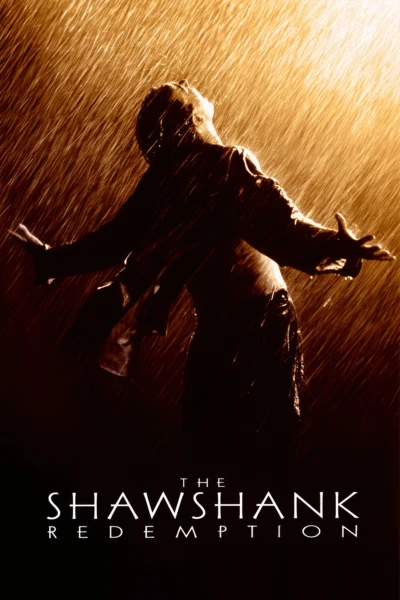
The Shawshank Redemption (1994)

Green Book (2018)
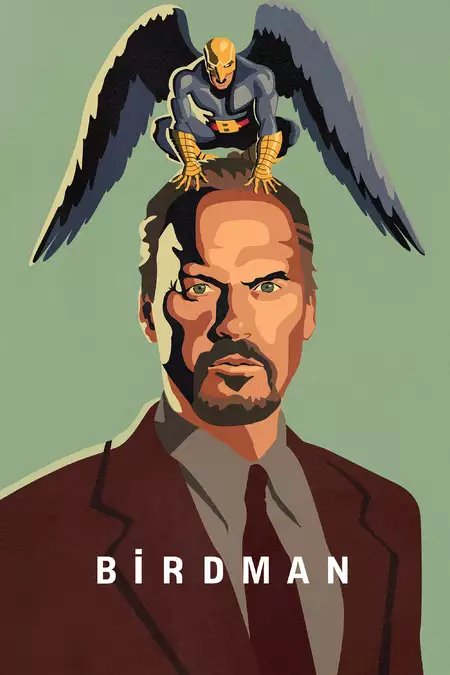
Birdman or (The Unexpected Virtue of Ignorance) (2014)
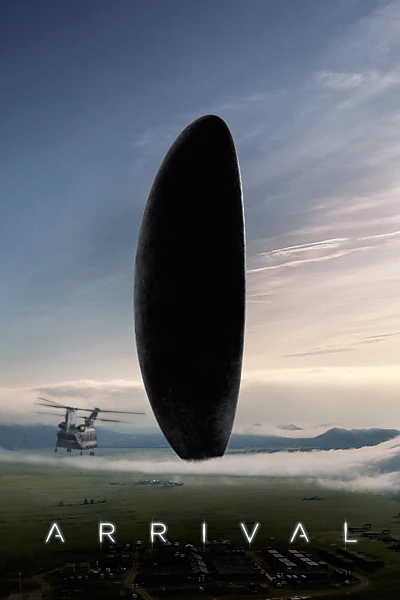
Arrival (2016)
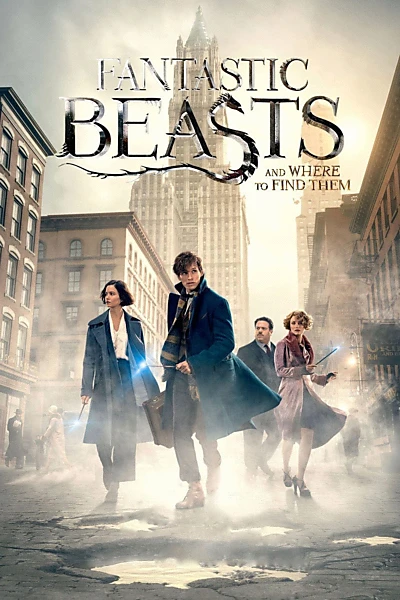
Fantastic Beasts and Where to Find Them (2016)
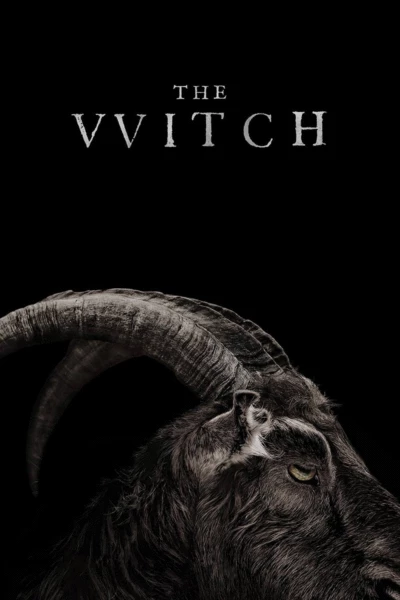
The Witch (2016)
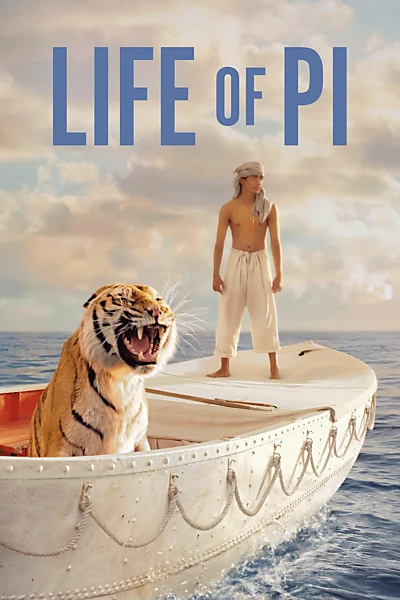
Life of Pi (2012)
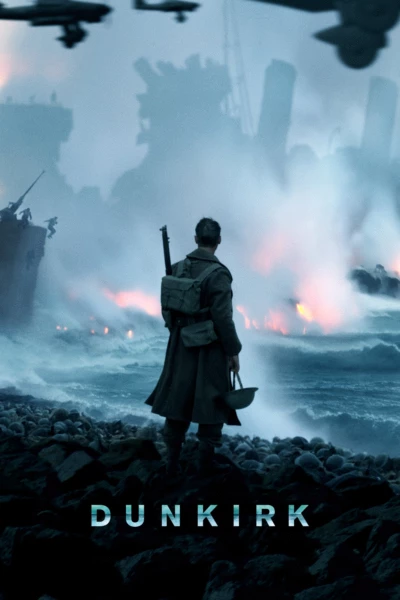
Dunkirk (2017)
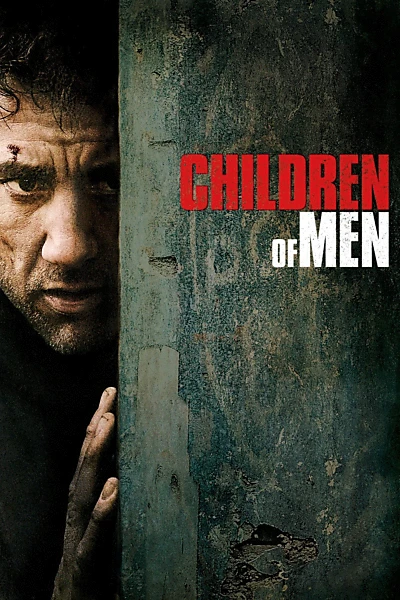
Children of Men (2006)
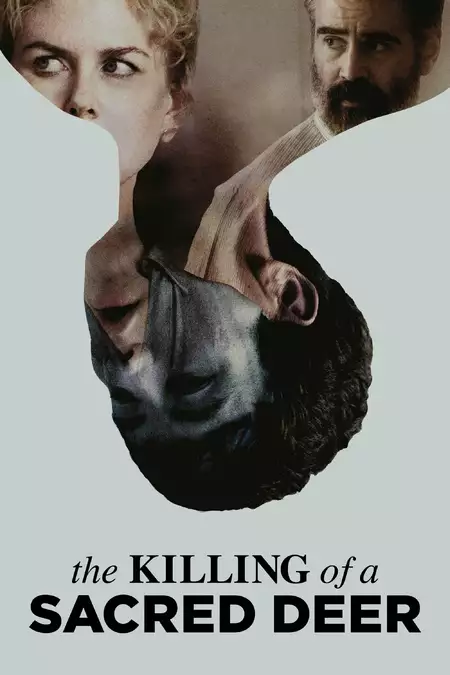
The Killing of a Sacred Deer (2017)
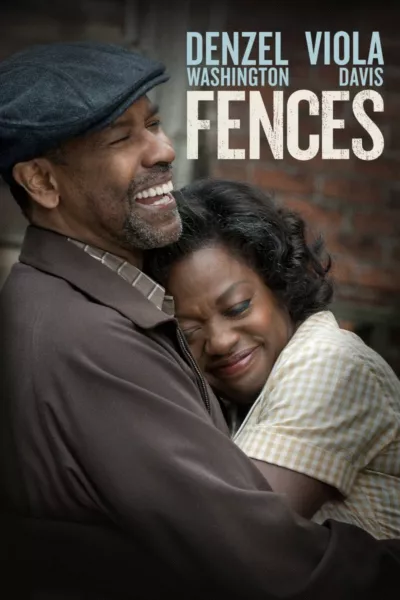
Fences (2016)
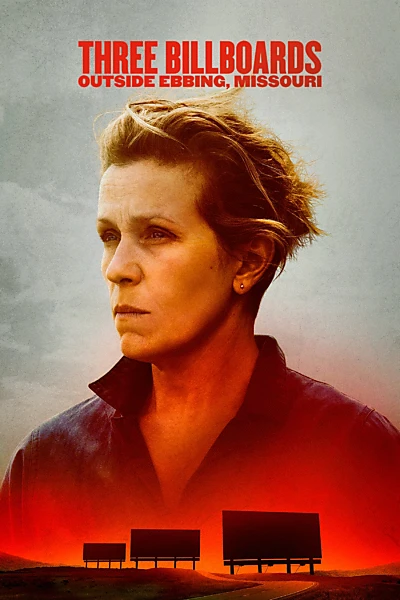
Three Billboards Outside Ebbing, Missouri (2017)
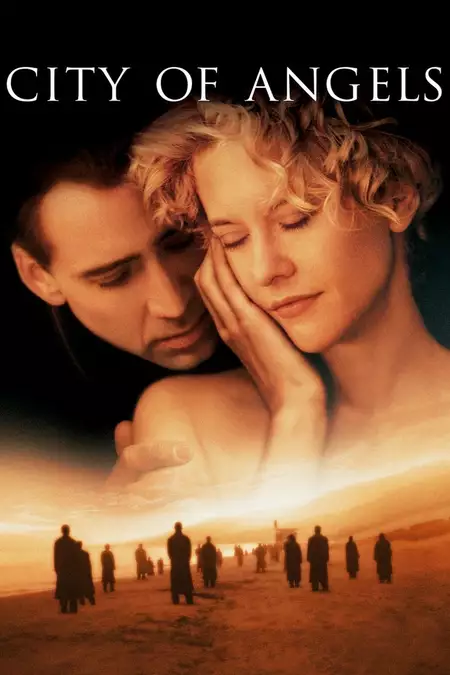
City of Angels (1998)

The Neon Demon (2016)
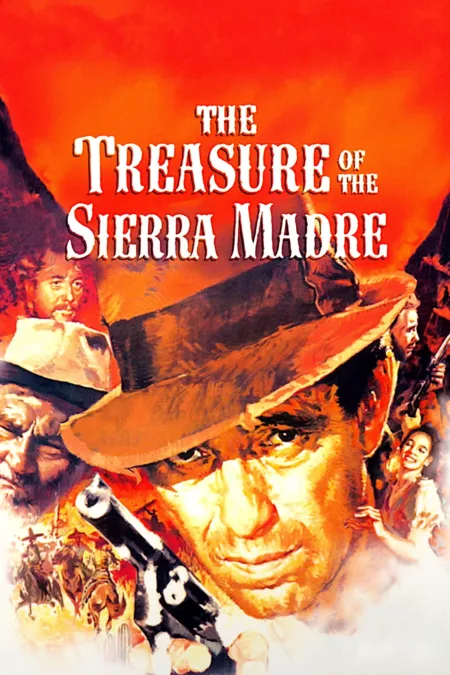
The Treasure of the Sierra Madre (1948)
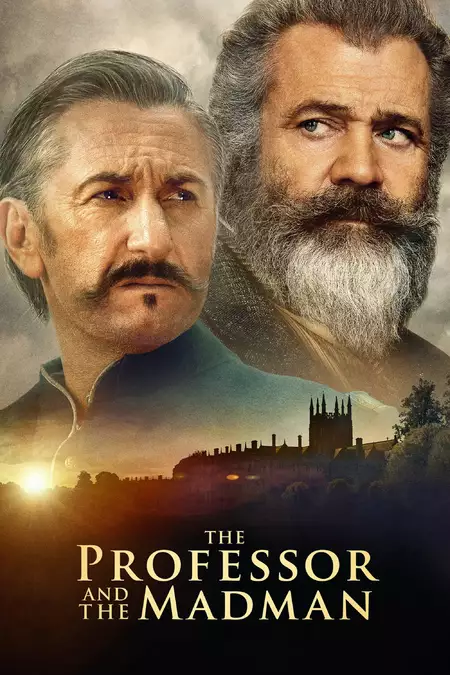
The Professor and the Madman (2019)
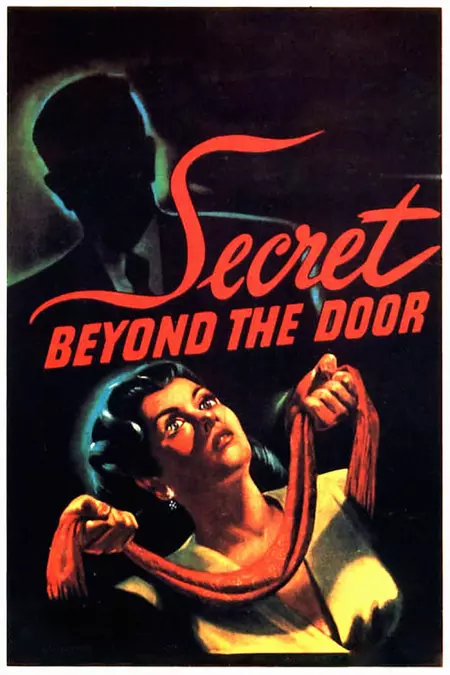
Secret Beyond the Door (1947)
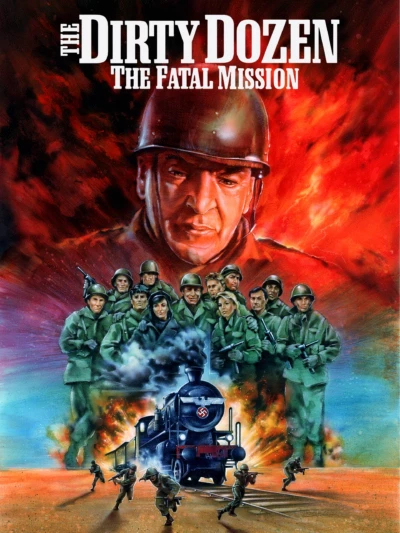
The Dirty Dozen: The Fatal Mission (1988)
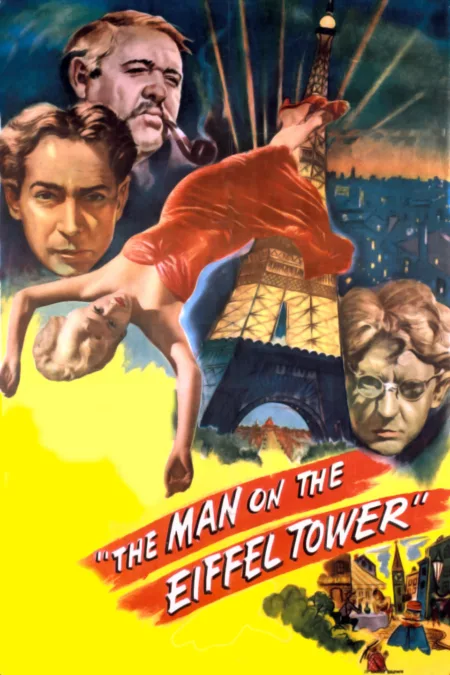
The Man on the Eiffel Tower (1949)
